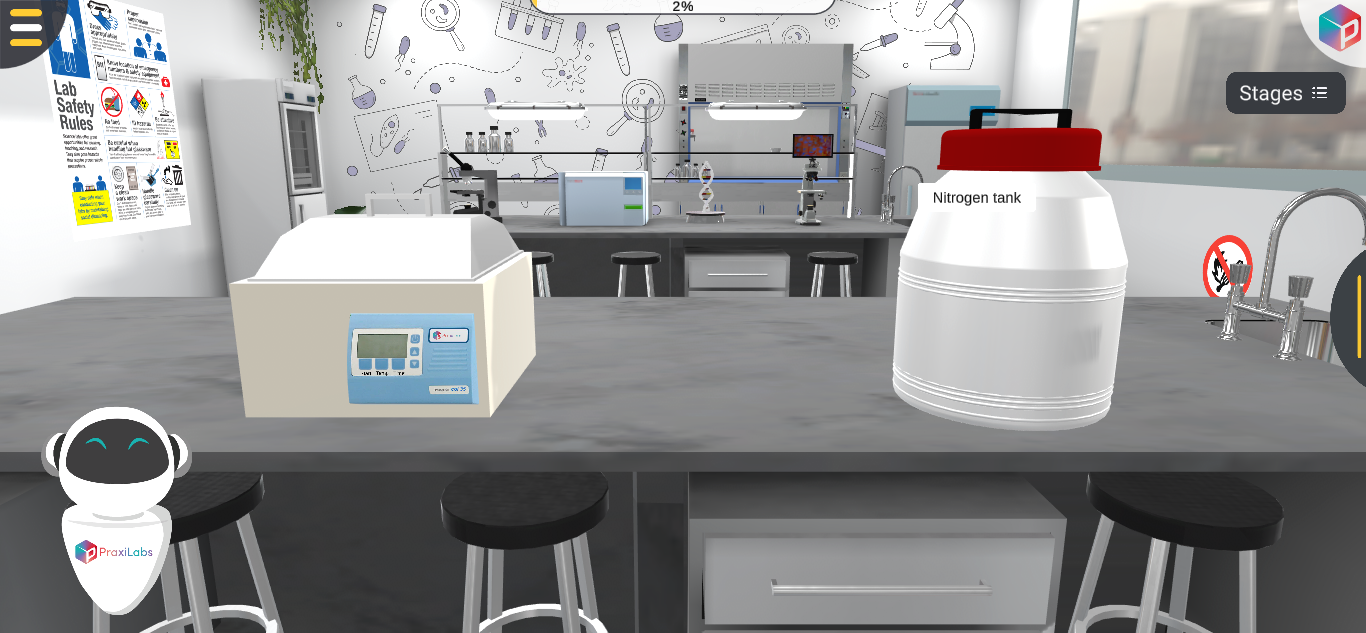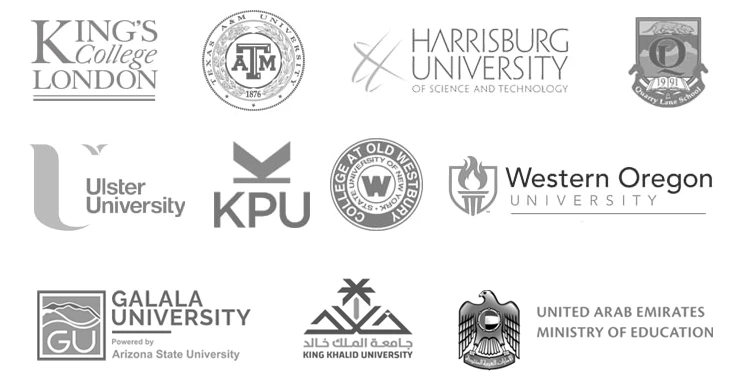Adherent Cell Culture Virtual Lab using Mammalian Cell Lines
Biology | Toxicology | Biochemistry | Proteomics | Pharmacology






2.5M+
Active Users Worldwide
80%
Improved Learning Retention
60%
Reduction in Laboratory Costs
In Vitro Cell Culturing is a very important protocol for preparing cells needed for all subsequent In Vitro Cytotoxicity and Genotoxicity assays.
In Vitro Cell Culturing using Adherent Mammalian Cell Lines
By the end of cell culture virtual lab, the postgraduate student will be able to:




